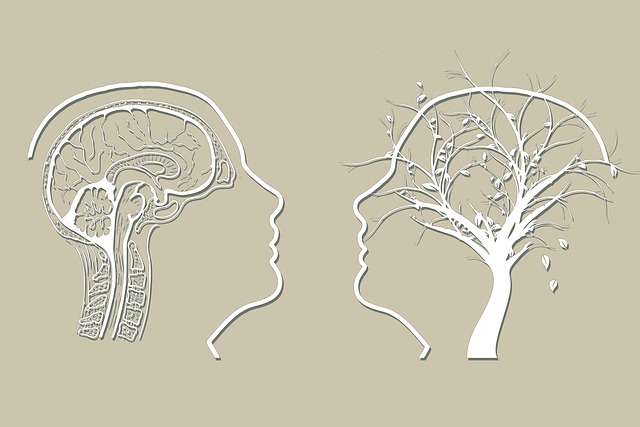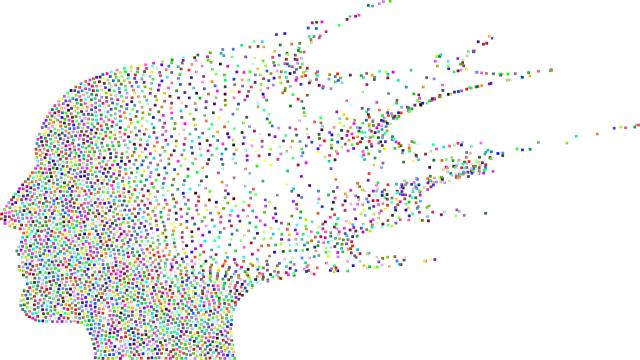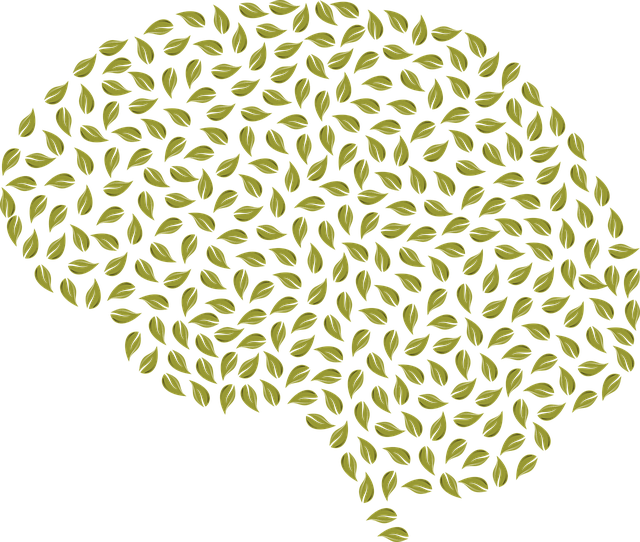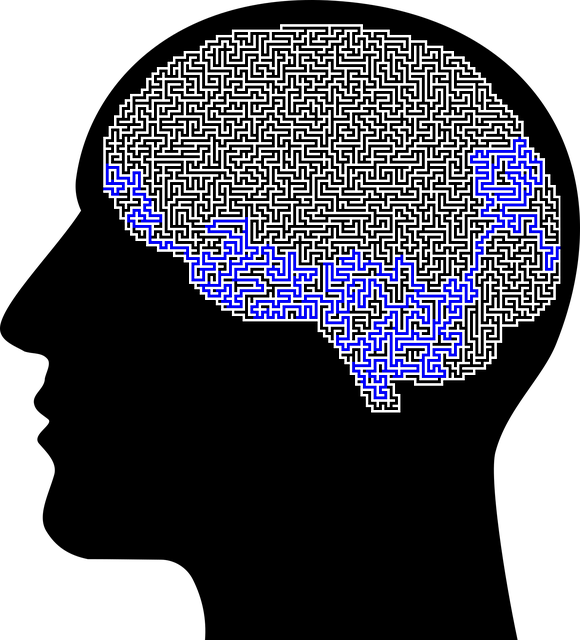Loss, grief, and bereavement profoundly impact mental health, highlighting the importance of understanding these processes for personal support and professional counseling. Littleton Conduct Disorder Therapy (LCDT) offers safe spaces for expressing emotions, tailored coping mechanisms, self-care encouragement, and mental wellness awareness to detect prolonged or complicated grief. LCDT addresses underlying conduct issues arising during grief, providing crisis intervention, emotional intelligence development, and coping skill enhancement. Combining traditional counseling with compassion cultivation, LCDT enables clients to process feelings, memories, and journeys while promoting long-term healing through integrated mental health policy analysis.
Loss, grief, and bereavement are profound experiences that can profoundly impact individuals and communities. This comprehensive guide delves into the complex world of navigating loss, offering a detailed overview of understanding grief, the essential role of counseling in healing, and identifying common signs of complicated grief. We also explore Littleton Conduct Disorder Therapy as an innovative approach to addressing behavioral challenges during bereavement, providing effective strategies for healing and recovery.
- Understanding Loss, Grief, and Bereavement: A Comprehensive Overview
- The Role of Counseling in Navigating Difficulties After Loss
- Identifying Common Signs and Symptoms of Complicated Grief
- Littleton Conduct Disorder Therapy: Addressing Behavioral Challenges During Bereavement
- Effective Strategies and Techniques for Healing and Recovery
Understanding Loss, Grief, and Bereavement: A Comprehensive Overview

Loss, grief, and bereavement are deeply personal experiences that can significantly impact an individual’s mental health and overall well-being. Understanding these concepts is essential for anyone seeking support during difficult times or considering a career in counseling. Loss refers to the absence of something valued, such as a loved one, while grief is the emotional response to loss, often characterized by intense sadness and longing. Bereavement, on the other hand, is the period of time following a significant loss, during which individuals process their emotions and adjust to life without their loved one.
Littleton Conduct Disorder Therapy recognizes that these experiences can be complex and unique for each person. Effective counseling strategies often involve helping individuals manage their grief by providing a safe space to express emotions, sharing coping mechanisms tailored to their needs, and promoting self-care practices like stress management techniques and mental wellness journaling exercises. Mental health awareness is crucial in recognizing the signs of prolonged or complicated grief, encouraging individuals to seek guidance from professionals who can offer specialized support.
The Role of Counseling in Navigating Difficulties After Loss

After experiencing a significant loss, seeking counseling can be a powerful tool to navigate the complexities of grief and bereavement. The process of healing is unique for everyone, and therapy offers a safe space to express emotions freely. Through personalized support, counselors help individuals understand and manage their feelings, providing valuable guidance during this challenging period.
In addition to addressing grief, counseling sessions can also focus on developing self-care routines and emotional well-being promotion techniques, which are essential for long-term mental health. These strategies empower individuals to build resilience, boost confidence, and adopt healthier coping mechanisms, especially when facing difficult emotions associated with loss. Many find that with the right support, they can transform their sorrow into a manageable process, allowing them to gradually resume daily life while cherishing the memories of their loved ones.
Identifying Common Signs and Symptoms of Complicated Grief

The journey through grief is highly personal and unique to each individual. However, there are distinct signs and symptoms that may indicate complicated grief, especially when left unaddressed. Often, individuals experiencing this form of grief exhibit prolonged and intense emotional reactions, such as deep sadness, anger, or guilt, which significantly impact their daily functioning. They might find it challenging to carry out routine tasks or maintain relationships, leading to social isolation.
Littleton Conduct Disorder Therapy highlights the importance of recognizing these signs early on. Through mental wellness journaling exercises and conflict resolution techniques, individuals can begin to process their emotions effectively. The guidance offered in these therapeutic settings equips clients with coping strategies to manage intense feelings. Moreover, recent trends in mental wellness podcast series production have also contributed to raising awareness about complicated grief, providing valuable insights and support for those navigating this complex emotional landscape.
Littleton Conduct Disorder Therapy: Addressing Behavioral Challenges During Bereavement

In times of profound loss and bereavement, individuals often face not only emotional turmoil but also significant behavioral challenges. Here, Littleton Conduct Disorder Therapy (LCDT) emerges as a powerful tool to navigate through these difficulties. LCDT is tailored to help those struggling with grief by addressing underlying conduct issues that may surface or escalate during the bereavement process. This therapy recognizes that loss can disrupt existing behaviors and emotional regulations, leading to various crises.
The therapy focuses on crisis intervention guidance, empowering individuals to develop effective coping skills. It fosters emotional intelligence, enabling one to understand and manage intense emotions associated with grief. Through LCDT, bereaved persons learn strategies to cope with anger, guilt, or depression, thereby enhancing their ability to navigate the complex landscape of loss. By integrating these therapeutic approaches, individuals can begin to heal and find a sense of stability amidst the chaos of bereavement.
Effective Strategies and Techniques for Healing and Recovery

Healing from loss, grief, and bereavement is a deeply personal journey, but certain strategies have proven effective for many individuals seeking support. One promising approach is Littleton Conduct Disorder Therapy, which combines traditional counseling techniques with a focus on compassion cultivation practices. This method encourages clients to develop self-awareness exercises that foster empathy and understanding, helping them navigate the complex emotions associated with loss.
Through Littleton Conduct Disorder Therapy, counselors facilitate a safe space for individuals to express their feelings, explore memories, and process the grief journey. The integration of mental health policy analysis and advocacy is also valuable, ensuring clients have access to resources and support systems that promote long-term healing. These holistic techniques aim to empower individuals to find meaning, cope with their loss, and eventually, experience a sense of recovery and renewed well-being.
Loss, grief, and bereavement counseling are essential tools in healing after a significant loss. Understanding these concepts, as outlined in this article, equips individuals with knowledge to recognize when professional help is needed. The role of counseling, specifically Littleton Conduct Disorder Therapy techniques, is crucial in managing complex grief and behavioral challenges during the bereavement process. By identifying common signs and employing effective strategies, individuals can navigate their emotions and ultimately find healing and recovery.














